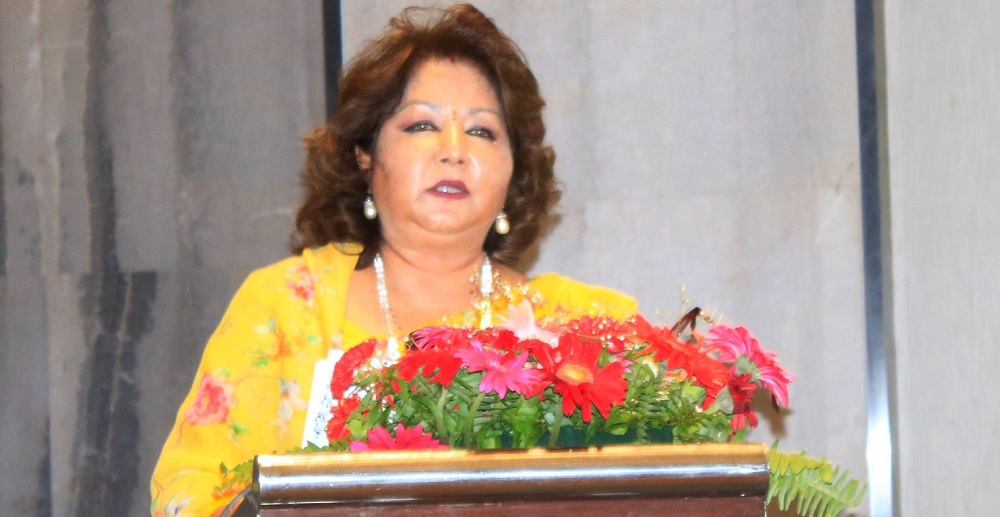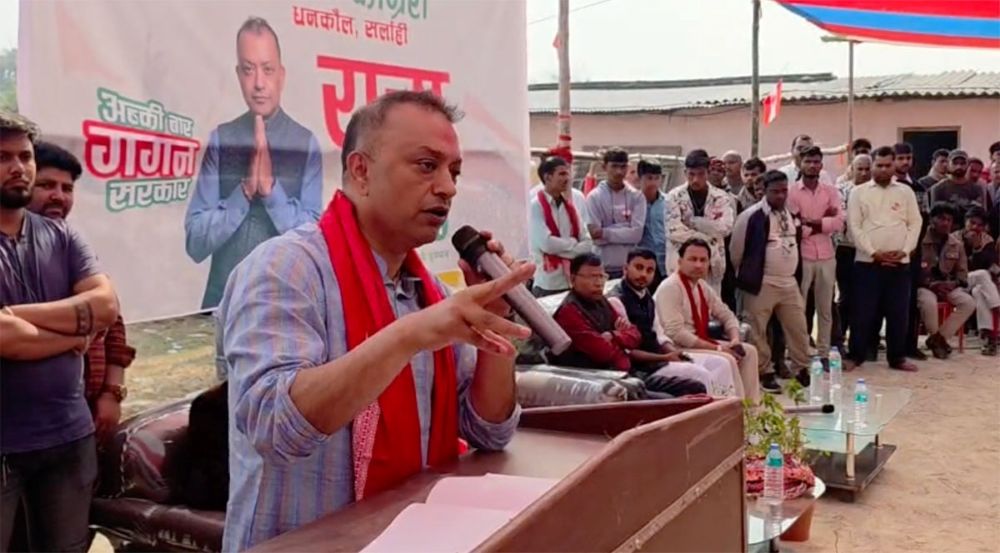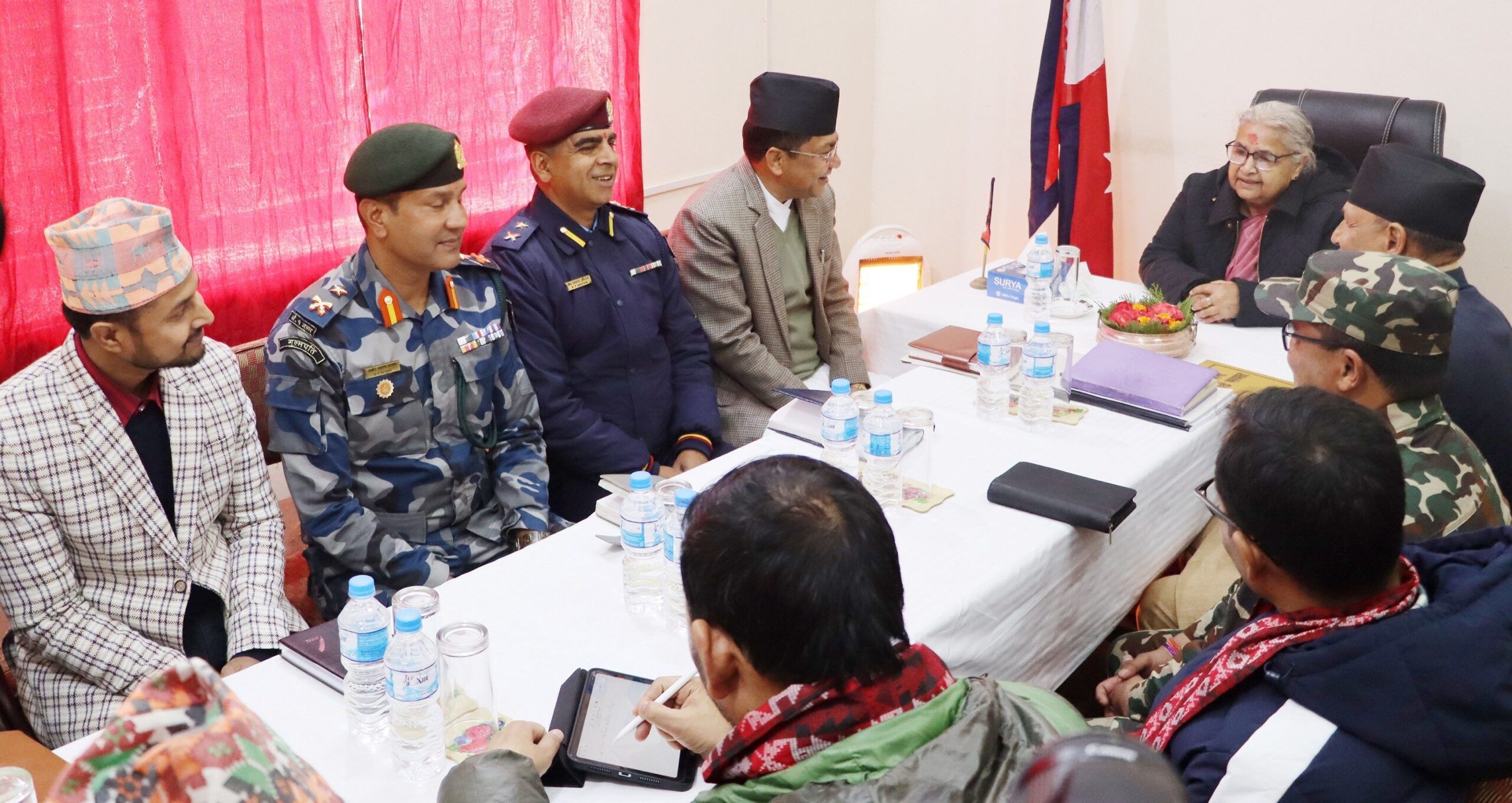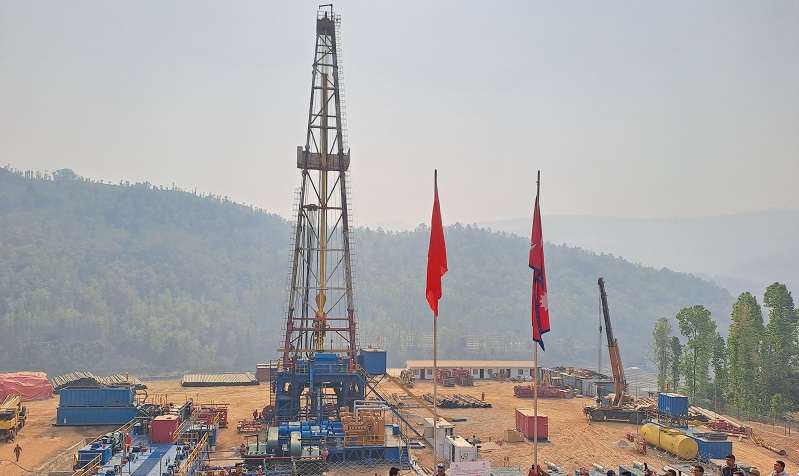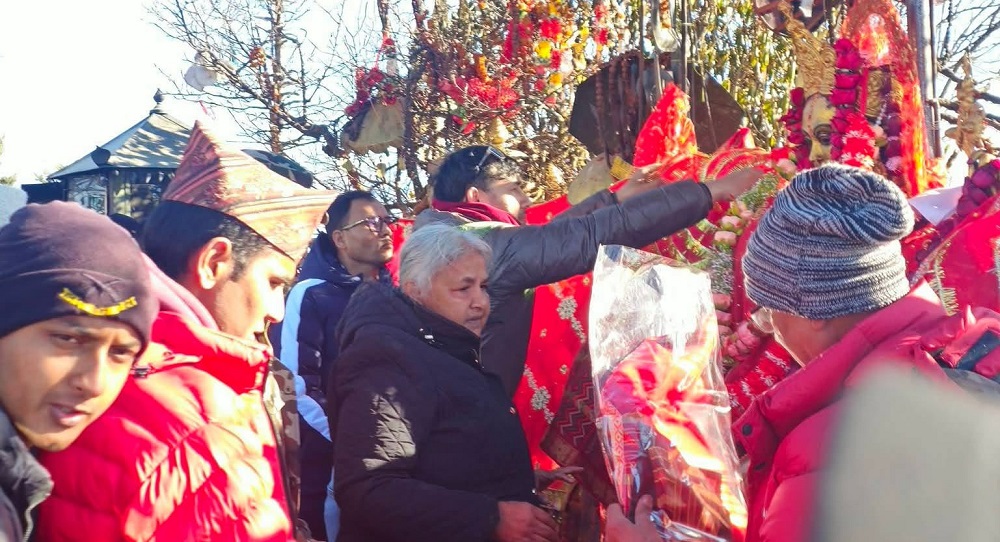KATHMANDU: Minister for Foreign Affairs Dr Arzu Rana Deuba has expressed her hope that joint partnership and connectivity in various sectors between Nepal and India lay the foundation for shared prosperity between the two nations.
Inaugurating the Nepal-India Strategic Dialogue in Kathmandu on Thursday, she underscored the need to speed up cooperation in trade, transit and investment between the two countries and advance economic partnership through connectivity.
“I look forward to a future where ginger from Nepali farmers reaches the Mumbai market within 24 hours and an Indian tourist reaches Pokhara on an evening flight after finishing a morning meeting in Delhi. This kind of proximity should be the basis for economic prosperity for the citizens of the two countries.”
Citing the age-old Nepal-India relations, built on shared values, culture and emotions and people-to-people contacts, she said enhancing cooperation and connectivity would help shape a prosperous future for both countries.
She stressed the need for investing in roads, railways, waterways, air routes, and digital infrastructure to increase mutual connectivity. “A seamless connectivity between the two countries will not only support regional and global supply chains, but also enhance transit trade and border economies. This will benefit the citizens of both countries.”
Stating that the current global economic scenario is shifting towards a knowledge-based economy, services and digital platforms, Dr Rana stressed the need for both countries to jointly focus their efforts on the digital economy, technology and innovation, a modern education system, skill development and a creative economy.
Highlighting the energy sector as a notable example of cooperation between the two neighbours, she said that Nepal’s vast hydropower potential will provide a clean, renewable energy source, which she said will be useful for future generations.
She added India’s commitments to importing 10,000 MW of electricity from Nepal in the coming decade reflect Nepal-India cooperation in ethe nergy sector. “The two countries have further strengthened cooperation in the power sector, including developing transmission interconnections, grid connectivity and power exchange, and cross-border power trade.”
Dr Rana proposed collaboration between India’s expertise in digital innovation and Nepal’s young and tech-savvy population. “We should promote tech hubs, start-ups and digital innovation platforms in mutual cooperation and let our youth work together, use technology and move forward on the path of prosperity.”
Calling for joint efforts to tackle shared challenges posed by climate change, especially amid rapid technological advancements and shifting geopolitical dynamics, she expressed gratitude to the Government of India for its cooperation and support for successfully organising the “Sagarmatha Sambaad” recently in Nepal.
Reiterating Nepal’s commitment to a future of peace, stability and prosperity through partnerships with its neighbours and international friends, Dr Rana underscored that such dialogues are vital for deepening Nepal-India relations, promoting the exchange of ideas, and strengthening the people-to-people relations.




